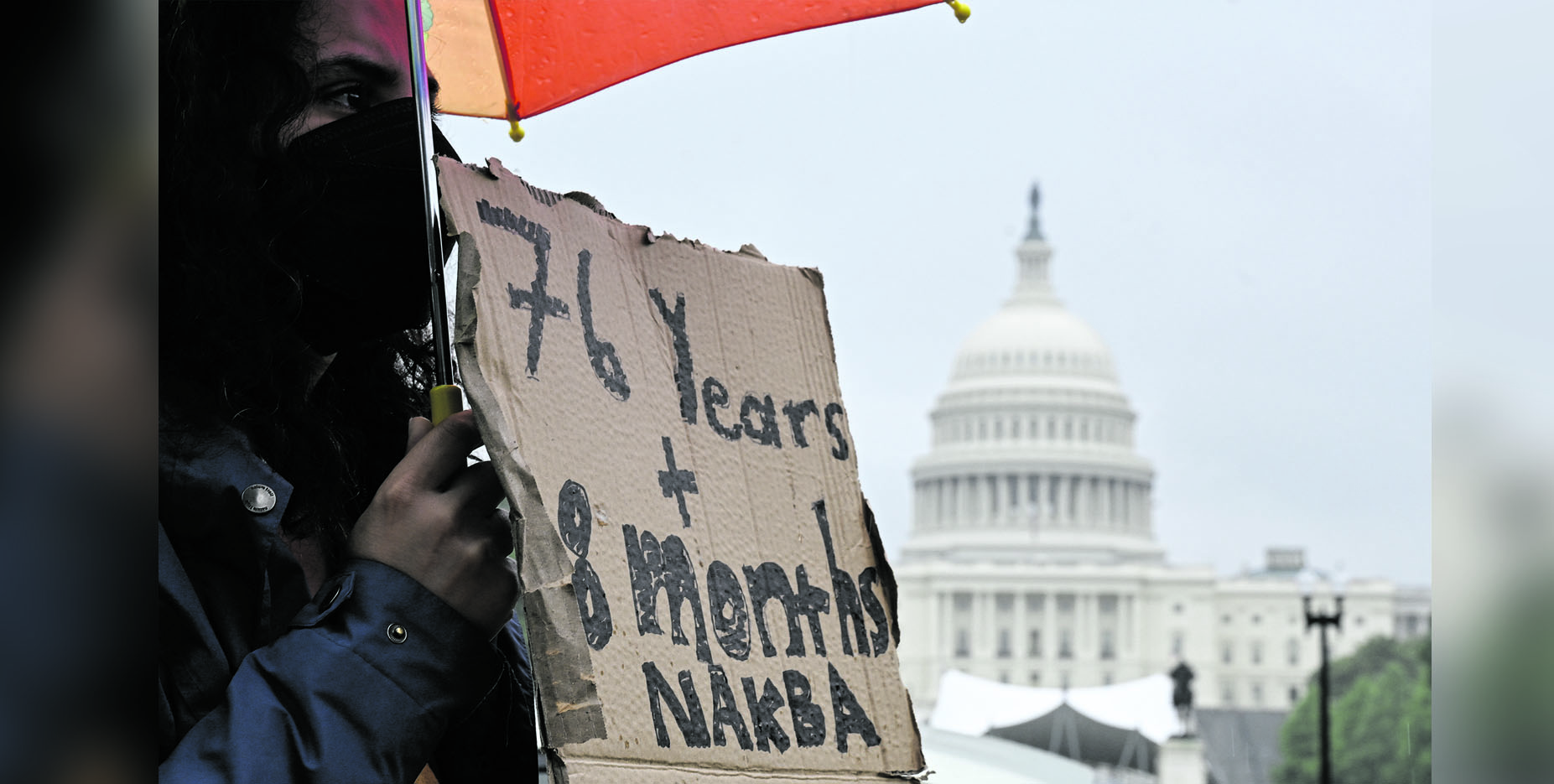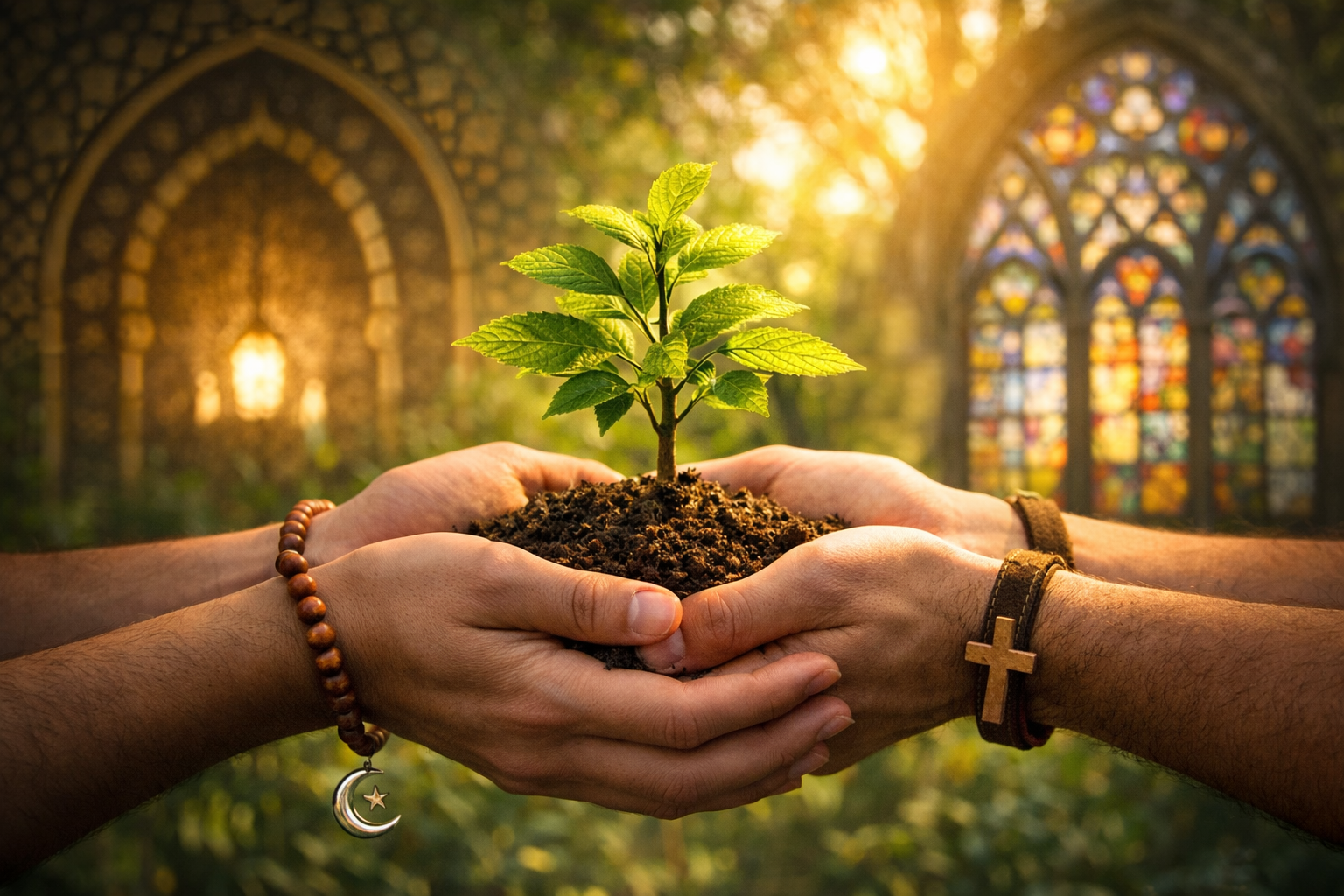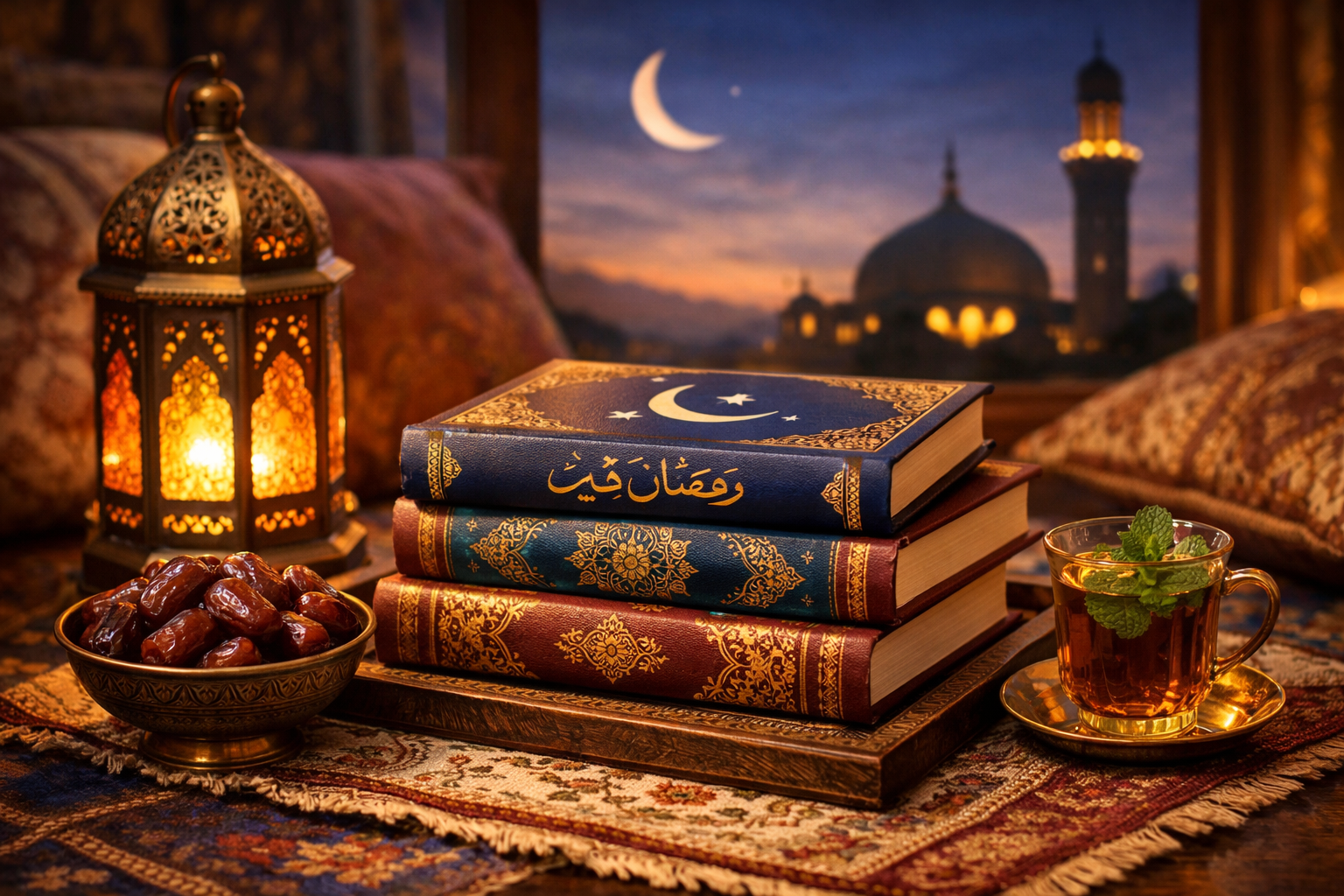
Harun Nasruallah
On May 15, Palestinians globally commemorated Nakba Day, recalling the expulsion of around 700,000 Palestinians from their homes before and during the 1948 Arab-Israeli War, coinciding with Israel’s establishment.
This year’s remembrance took place amid Israel’s bloody seven-month campaign against Gaza, resulting in over 35,000 Palestinian deaths and apocalyptic destruction of the enclave.
The Nakba represents a deeply poignant chapter of shared trauma for Palestinians, symbolizing the profound disruption of their society and the ongoing denial of the right of return for refugees and their descendants.
It has profoundly influenced Palestinian culture and serves as a central symbol of their national consciousness, alongside iconic representations like the Handala caricature, the Palestinian keffiyeh, and the symbolic 1948 keys. Various forms of art and literature, including books, songs, and poems, depict the Nakba’s impact.
Despite scholarly scrutiny, including from Israeli New Historians, Nakba denial remains in some circles. Many descendants’ of 1948 refugees prioritize preserving their ancestors’ memories, but recent experiences have eclipsed older narratives of displacement.
Refugee camps have transformed into densely populated urban areas across the Middle East, with 1948 refugees and their descendants comprising nearly half of the Palestinian population.
According to UN figures, over 5.9 million Palestinians are registered as refugees in the West Bank, Gaza Strip, Jordan, Lebanon, and Syria, with diaspora communities worldwide. Palestinian politician Mustafa Barghouti described the Nakba as the gravest catastrophe, highlighting the numerous massacres in Palestine in the 1940s.
He emphasized the enduring challenges stemming from what he called the “lengthiest occupation in modern history,” resulting in what he termed “the most severe apartheid system and the most egregious form of settler colonialism.”
This year’s remembrance has been deeply influenced by the distressing situation of millions of Palestinians in Gaza, with the majority enduring life in makeshift shelters. Many of them, around 2.4 million, were violently displaced from their homes due to the relentless Israeli campaign that ensued after the Hamas-led attack on Israel last October.
The ongoing Israeli campaign, lasting seven months, has devastated much of Gaza, leaving it in ruins. With over 35,000 Palestinian casualties and most Gazans displaced, there are concerns about a potential second Nakba, potentially resulting in complete expulsion from Gaza.
Around 1.3 million displaced Palestinians now seek refuge in Rafah, a city designed for 300,000 inhabitants. Meanwhile, over 1 million Gazans face severe food insecurity and acute starvation. Barghouti sees the current violence and displacement as reminiscent of 1948, asserting that the Nakba persists.
He describes the situation in Gaza as a “second Nakba, but even worse,” noting over 13 wars and 100,000 Palestinian casualties since 1948. “Today in Gaza alone in this last second Nakba, they have already killed 42,000 people in seven months,” Barghouti stated, noting it’s nearly half of the total over 76 years.
He emphasized it as a severe genocide, encompassing three war crimes: collective punishment, genocide, and displacement/ethnic cleansing.
The difference lies in the simultaneous occurrence of these crimes. Additionally, unlike in 1948, social media now exposes violence globally, removing ignorance as an excuse. Barghouti criticized the West’s hypocrisy in allowing Israel’s violations of democracy, human rights, and international law, labelling it the worst genocide of the 21st century.
The Palestinian Ambassador to the UN, Riyad Mansour, condemned Israel’s actions against Palestinians, stating that Israel’s intentions of displacement, subjugation, or death are no longer concealed. Speaking at a panel discussion titled “1948-2024: The Ongoing Palestinian Nakba,” Mansour emphasized that the Nakba remains a current reality endured by Palestinians.
He highlighted a global consensus on “the imperative of ending the Israeli occupation, fulfilment of our national and human rights, including the independence of our state and having two democratic states, Palestine and Israel lived side by side in peace and security on the 1967 borders,” he said.
The devastation in Gaza intensified the observance of Nakba Day, with passionate rallies in cities worldwide including the US, UK, Netherlands, Germany, Belgium, Australia, New Zealand, Canada, and Ireland.
Protesters called for a ceasefire in Gaza and affirmed the right of displaced Palestinians to return home. Jordan and Lebanon, housing around two million UNRWA-registered Palestinian refugees, hosted protests.
In Ramallah, the West Bank’s main city, thousands marched with Palestinian flags, holding signs bearing their grandparents’ village names. Global civil rights organizations and political figures marked the Nakba anniversary.
Jeremy Corbyn, former UK Labour Party leader, stressed the ongoing nature of the Nakba, describing it as a continuous ethnic cleansing campaign. “Our solidarity lives on; we will never give up on the Palestinian people,” he added.
Apsana Begum, the Labour MP, emphasized the continued hardship faced by Gaza, stating, “Decades on, Gaza is being indiscriminately bombed, and the displacement continues.” She urged ongoing support for a free and independent Palestine.
Irish Sinn Féin MP, Orfhlaith Begley, emphasized the enduring importance of the Nakba and reiterated Ireland’s solidarity with Palestine. Begley affirmed Ireland’s unwavering support “Ireland will always stand with Palestine,” Begley declared, urging an end to the occupation and the freedom of Palestine. Palestine Action activists staged protests outside UK arms manufacturers, condemning weapon shipments to Israel. In Glasgow, they blocked Thales’ entry, urging an end to weapon supply. In Shenstone, demonstrators obstructed Elbit System’s UAV Engines Ltd., resulting in six arrests. In Birmingham, the Palestine Action group dyed fountains red in Chamberlain Square and Victoria Square, symbolizing Britain’s role in 76 years of Palestinian ethnic cleansing.
Photo: The 76th anniversary of the Nakba was marked by Palestinian supporters gathering near the United States Capitol in Washington DC, USA, on May 18. (Credit: Celal Güneş/AA)
READ MORE GAZA SIEGE RELATED COVERAGE
West undermines global judicial integrity to shield Israel from accountability
Brits back suspending arms sales to Israel
Global momentum: Ireland, Norway, Spain join 140 nations in recognising Palestine
FIFA seeks legal advice on proposed Israeli FA suspension
UK Prime Minister evades questions on British troops potential deployment to Gaza


